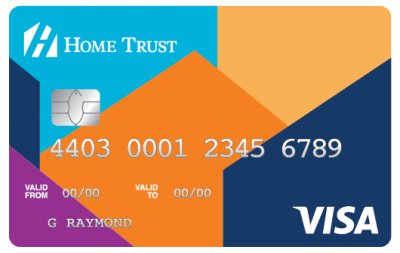Credit cards are a great way to earn cash back and travel rewards. But naturally, in order to benefit, you need to get approved for credit.
As you aim for premium credit cards, there are some barriers to entry, such as income, spending, and perhaps most importantly, your credit score. There’s no shortcut to fixing this, and it’s a bit of a chicken-or-egg problem: you need good credit history to be approved for more credit, but you need to have credit to demonstrate responsible credit usage.
For people with a weaker credit history, secured credit cards are a great way to get started, building a healthy foundation that will make you more attractive to lenders for all sorts of purposes.
What Is a Secured Credit Card?
Secured credit cards are almost exactly the same as regular credit cards, except you need to leave a cash deposit at the issuing bank to cover the entire credit limit. For example, for a limit of $1,000, the bank would ask for a $1,000 deposit.
You can effectively set your own credit limit, based on the size of your deposit. If you try to spend over your limit, the transaction will be declined.
Secured cards present minimal risk to the issuer. If a cardholder defaults on their debts, the bank will keep the security deposit. That way, the bank is guaranteed to get paid.
Some issuers, typically smaller ones, have specific products that they market as secured cards. Many of them don’t have rewards, such as the Home Trust Secured Visa Card for no annual fee. Others have low rewards or low interest rates, but with an annual fee, like the Plastk Secured Credit Card, which comes with a $120 annual fee and earns 0.4% cash back on purchases.
Larger banks offer a selection of their regular credit card products, with an option to secure them.
Depending on the bank, you may have different options for how to store your security deposit. Some banks treat it as a locked balance in a chequing account.
For example, if you have $2,000 in a chequing account, of which $500 is guaranteeing a $500 limit on a secured card, the spending power in your chequing account is only $1,500.
You might also be able to keep your security deposit in an interest-bearing account. TD lets you put it in a GIC, which is a nice perk while that money is idle anyway.
How Do Secured Credit Cards Work?
After you pay your deposit, secured credit cards work exactly the same as other credit cards. As long as you…
Click Here to Read the Full Original Article at Prince of Travel…
